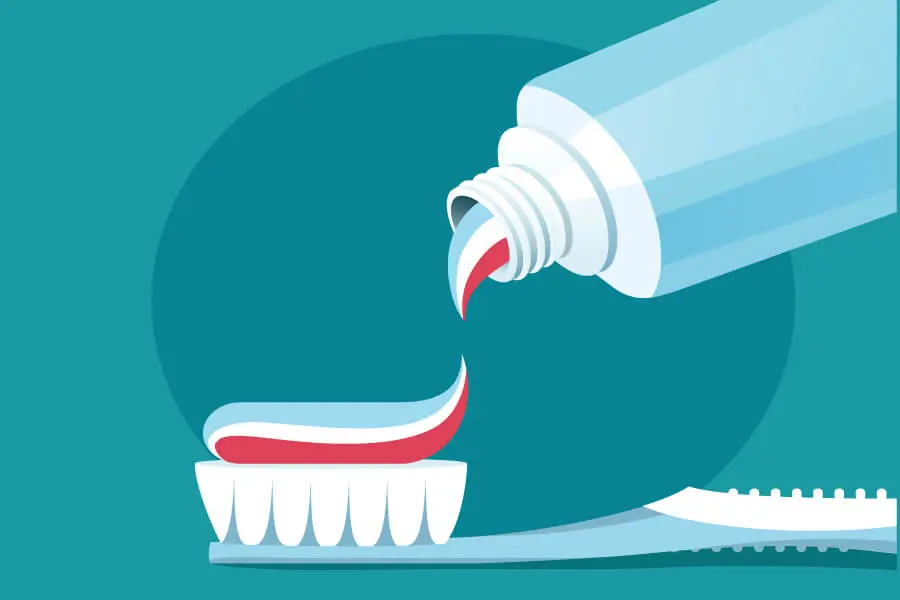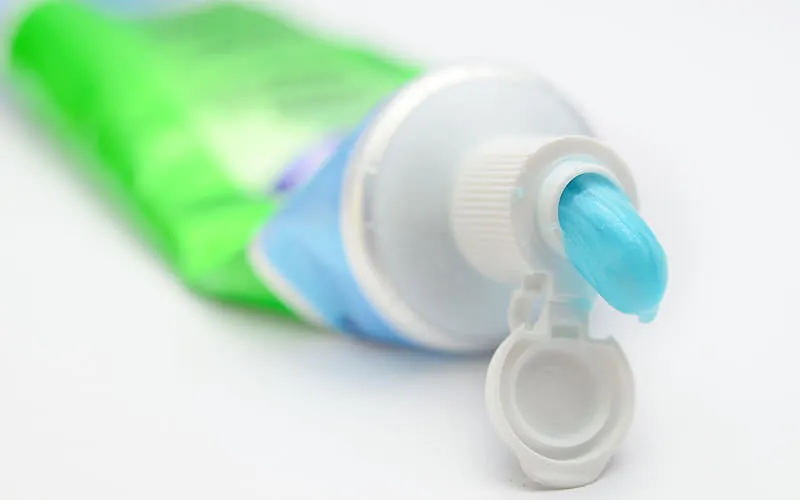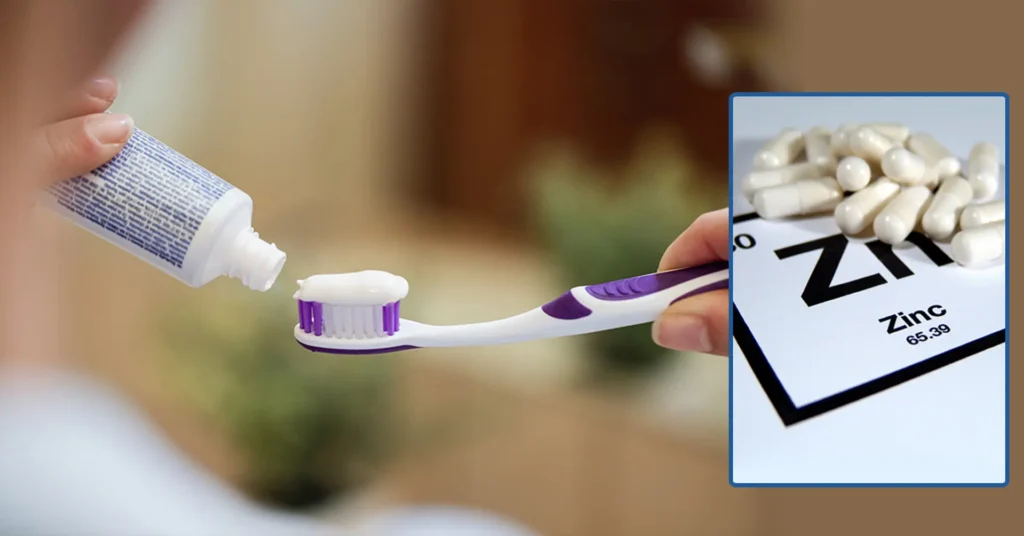
In a world where consumers are increasingly leaning toward organic and “safe” personal care products, a startling new U.S. study has shaken public trust. A recent investigation into popular toothpaste brands, many of which market themselves as natural, non-toxic, and even child-safe, has revealed alarming levels of heavy metal contamination—including lead, arsenic, mercury, and cadmium.
The findings come from consumer advocacy group Lead Safe Mama, led by environmental activist Tamara Rubin. Rubin tested 51 toothpaste brands in her most recent research, uncovering a disturbing pattern:
- 90% of brands tested positive for lead
- 65% had detectable arsenic
- Just under 50% showed mercury
- About 33% contained cadmium
What’s even more worrying? Many of these brands are commonly found in households with children.

Trusted Toothpaste Brands Under Fire
Rubin first began questioning toothpaste safety over a decade ago, while helping families whose children showed high levels of metal toxicity in their blood. One brand that initially triggered concern was Earthpaste—a popular “natural” option. Over time, her work revealed a trend: certain ingredients used in toothpaste formulations may be contributing to this contamination.
Three commonly used ingredients have now been red-flagged:
- Hydroxyapatite – known for promoting calcium absorption in teeth
- Calcium Carbonate – used for stain removal
- Bentonite Clay – promoted as a natural cleaning agent
Rubin’s research found that toothpastes containing bentonite clay showed the highest levels of toxic metals. Products containing either hydroxyapatite or calcium carbonate also displayed elevated levels, though to a lesser extent. In contrast, children’s toothpastes without these ingredients—such as Dr. Brown’s Baby Toothpaste—were notably free from contamination.

Industry Responses: Defensive and Dismissive?
Despite the outcry, most of the implicated toothpaste brands have not taken accountability. Some even issued cease-and-desist letters to Rubin rather than addressing the contamination. Others, like Dr. Jen’s, attempted to defend their products by comparing their metal content to FDA safety limits—claiming the levels found were “well below” federal thresholds.
In response, Rubin called out these justifications as outdated and misleading. She emphasized that “there is no safe level of lead exposure,” particularly for children, and criticized companies for relying on regulatory benchmarks that prioritize industry standards over human health.
“Comparing your levels to an outdated standard that is not protective of human health and was set to protect industry is not appropriate,” Rubin stated in her public response.
“I expected more from you… Your response is dismissive and not reflective of current scientific understanding of the toxicity of Lead, especially Lead exposure that happens daily, multiple times a day – via oral pathways.”
She also pointed out a misleading defense by Dr. Jen’s, noting they presented toxicity standards meant for fluoride toothpaste, while the tested product was non-fluoride, which has even stricter limits.
The Bottom Line
According to the Guardian, while the metal levels found in some toothpaste brands exceed Washington state’s safety limits, they do not currently violate federal regulations. Still, federal agencies like the CDC maintain a clear stance:
“There is no safe level of lead exposure.”
With new research shedding light on the hidden dangers lurking in our daily hygiene products, it’s clear that more transparency—and higher standards—are urgently needed. Consumers deserve products that are not only marketed as safe, but actually are safe.

What Can You Do?
- Check ingredient lists for bentonite clay, hydroxyapatite, and calcium carbonate
- Consider switching to toothpaste brands verified by independent consumer safety groups
- Advocate for updated and protective regulations on heavy metal exposure in personal care products
- Stay informed by following groups like Lead Safe Mama for the latest testing and alerts
Your health—and especially your children’s health—shouldn’t be compromised by something as routine as brushing your teeth.
